When Margot Asquith’s name crops up these days, it is usually in a retelling of the story about her meeting Jean Harlow, sexy star of the silver screen, who repeatedly called her Margotte. Eventually, Margot became irritated. ‘No, my dear,’ she corrected. ‘The “t” is silent, as in Harlow.’ It’s a good story, but apocryphal and, I was always told by those who knew her (she was my great-grandfather’s second wife), quite untypical of her.
Already a subscriber? Log in
Subscribe for just $2 a week
Try a month of The Spectator Australia absolutely free and without commitment. Not only that but – if you choose to continue – you’ll pay just $2 a week for your first year.
- Unlimited access to spectator.com.au and app
- The weekly edition on the Spectator Australia app
- Spectator podcasts and newsletters
- Full access to spectator.co.uk
Unlock this article
Available from the Spectator Bookshop, £24. Tel: 08430 600033
You might disagree with half of it, but you’ll enjoy reading all of it. Try your first month for free, then just $2 a week for the remainder of your first year.

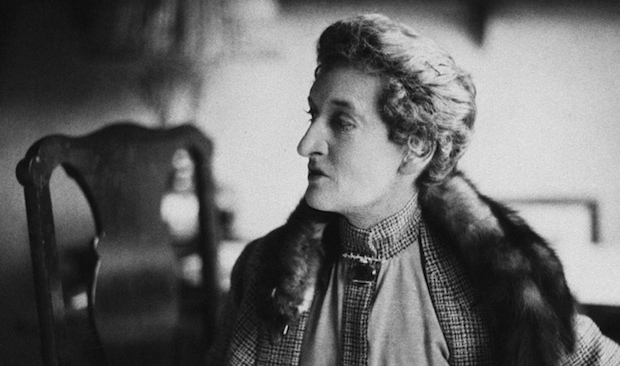
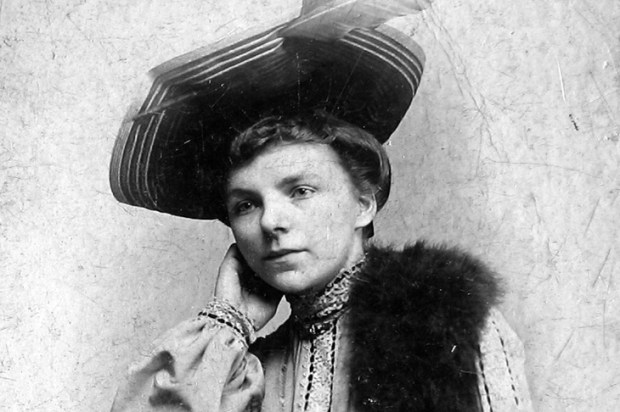

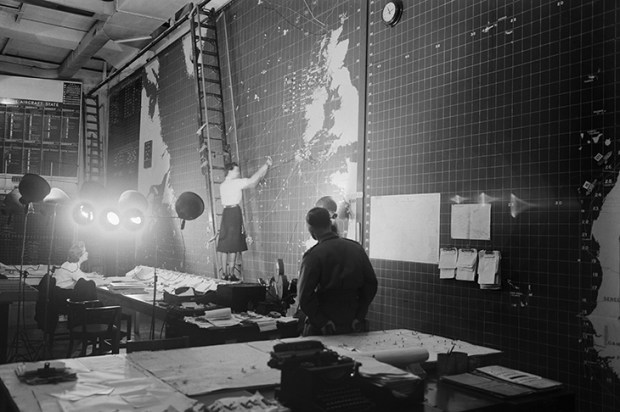
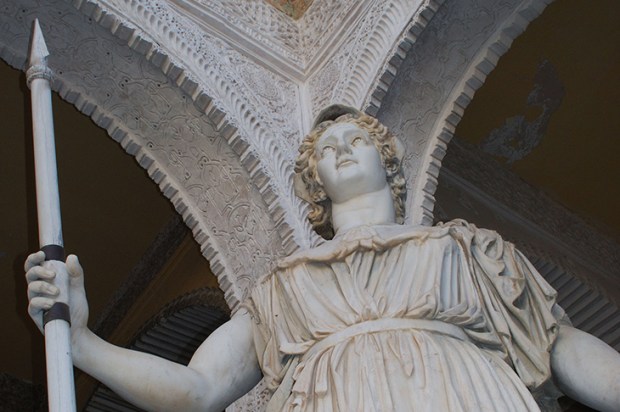
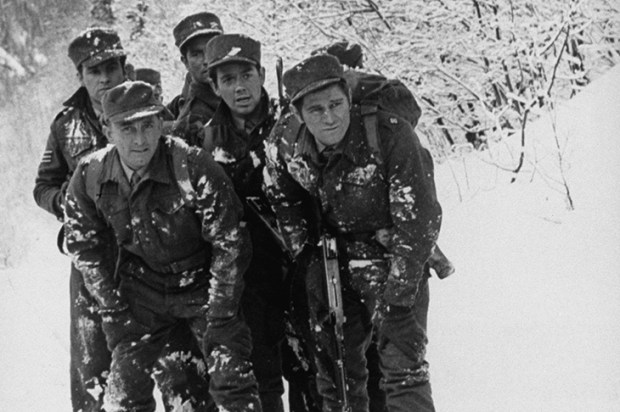







Comments
Don't miss out
Join the conversation with other Spectator Australia readers. Subscribe to leave a comment.
SUBSCRIBEAlready a subscriber? Log in